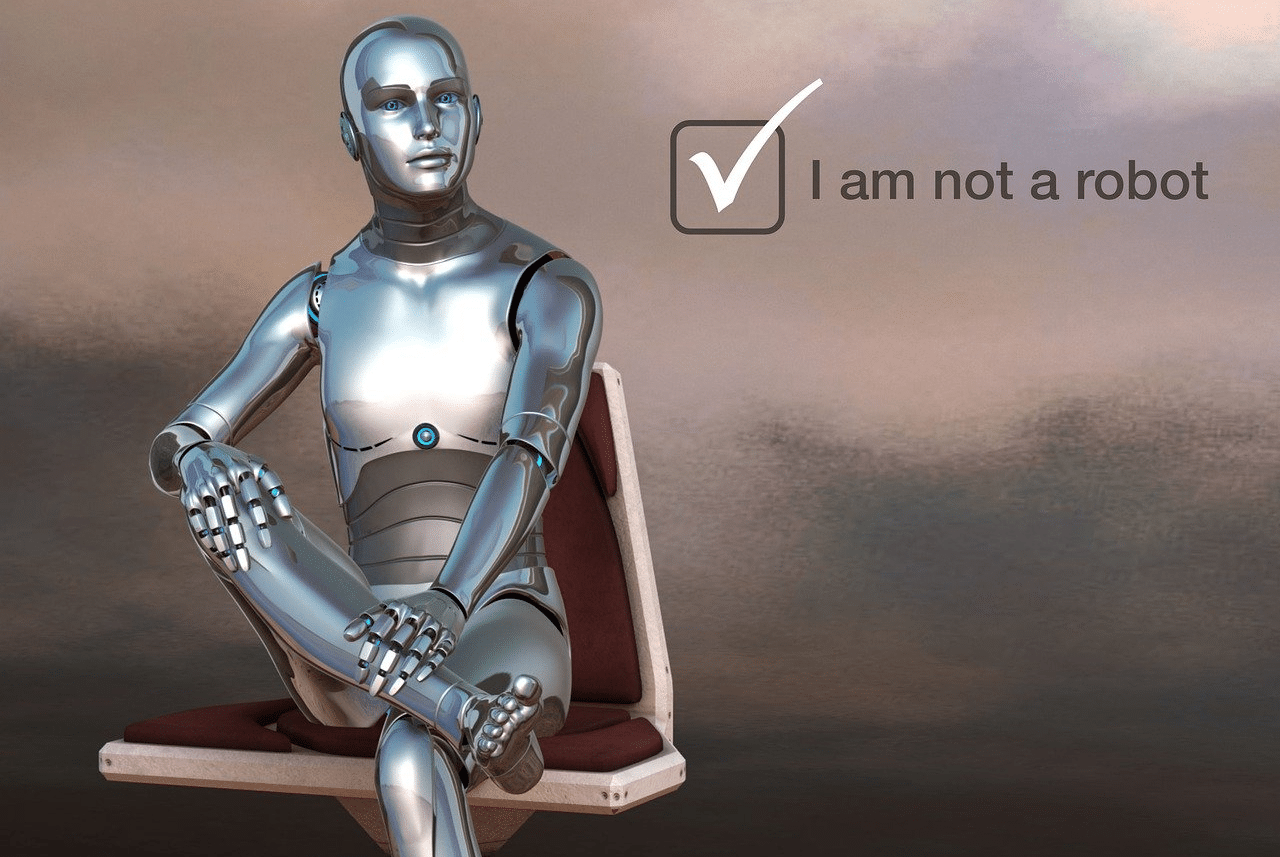If you are getting miffed that captchas are getting exponentially harder and demanding, you are not alone as many millions of others have faced these increasingly annoying quizzes. Captchas, which were designed to distinguish humans from bots, now seem to have gotten ahead of themselves as the bots they’re trying to fight continuously improve.
Captcha stands for Completely Automated Public Turing Test to Tell Computers and Humans Apart and is a security measure used to prevent bots or automated web crawlers from spamming websites or submitting forms. This kind of spam can totally overwhelm sites and take them down if not dealt with so Captchas are very important for a functioning Internet.
They also help prevent hackers from inserting malware into online forms.
When captchas were created based on the doctoral thesis of Luis von Ahn, the founder of the popular language learning app Duolingo.
It was intended to protect networks and websites from malicious automated programs. Von Ahn went on to found reCAPTCHA and sold the company to Google for an undisclosed amount (probably a lot). In fact, it was he who coined the term captcha in 2003.
Key Highlights
- Captchas, created to separate humans from bots, are becoming more complex due to smarter bots.
- Originally simple, they now include text, image, and audio versions that even humans find difficult.
- Despite their frustration, captchas are essential to protect websites from bot attacks and spam.
- AI advancements are making bots more capable of solving captchas, reducing their effectiveness.
- Future solutions may include behavior analysis, device fingerprinting, and proof of work to counter bots.
- Captchas will likely remain, as bots continue to evolve with AI.

Today, these captchas are everywhere – from logging into your social media accounts, shopping online, or even reading a news article (perhaps even this one.) What started as a noble cause to prevent nefarious bots from attacking websites is now getting increasingly complicated and annoying as users have to spend a considerable time proving they are humans.
How Have Captchas Evolved
Captchas have evolved over the years and now we have multiple types of them. These include:
- Text captcha which is the most elementary form of captcha and appears in the form of a sequence of letters and numbers, often scrambled with confusing background imagery to confuse bots.
- Audio captcha that was designed to help visually impaired users and uses an audio recording of a series of letters and numbers. They are often paired with regular text captchas.
- Math captcha have a simple math problem in a scrambled image that a computer would have difficulty reading and the user has to solve it to prove that they are human.
- Image captchas that are a set of images that a user is shown and then asked to identify a feature. For instance, it might ask the user to identify all the images that have a car, or a cycle.
Meanwhile, users have flagged some of the most ridiculous captchas that they came across. These include “Please click on the raccoon’s bow tie,” “Click on the one that can NOT live underwater,” and even mind teasers like “Please click on the red object in front of the object that appears once.”
CAPTCHAs are becoming worse pic.twitter.com/f5DvWiwAcB
— Adarsh Gupta ✨ (@Adarsh____gupta) April 17, 2024
Captchas are now frustrating for even the quickest witted of us and they are an even bigger problem for older people who can take a longer time to “solve” them.
Captchas Are Annoying But They’re a Necessary Evil
While captchas might be a total nuisance to many users, they are a necessity for many companies and sites considering the growing frequency of bot attacks. One of the most recent examples of these bot attacks was reported by Live Nation, the parent company of Ticket Master.
Last year, Ticketmaster’s parent company stopped the sale of tickets for Taylor Swift’s hugely popular Eras tour and blamed it on ticket bots that buy tickets in bulk the moment they are released. Those who got tickets had to pay incredibly high prices, making everyone involved upset.
While the captchas weren’t too hard to understand, it wasn’t too bad. Bots would not be able to abuse the forms (easily at least), and humans could submit the forms without much effort. However, the bots also evolved over time which meant that captchas had to get more complex too.
As bots became better at Optical character recognition (OCR) and deciphering the images, the images got more complex and distorted, ultimately making it difficult for humans to decipher the same distorted characters.
Vox made a great YouTube video showing good examples if you want to see more.
Would AI Make Things Any Better?
AI is certain to make bots even smarter and enable them to solve captchas that previously posed a challenge. With improving natural language processing capabilities and image recognition, captchas might continue to lose their effectiveness against bots.
Research conducted by a group of researchers from leading institutions like the University of California, the Lawrence Livermore National Laboratory, Irvine, ETH Zurich, and Microsoft, showed that bots are now better than humans in solving the captchas. While the research wasn’t peer-reviewed, the findings are hardly surprising given how AI has also helped “bad actors.”
However, technology is also evolving which should help address the issue. For instance, websites can incorporate behavior analysis, proof of work, and device fingerprinting to distinguish humans from bots.
All said, no matter how ironic it might sound to prove your “human credentials” to a program, the issue is not withering away anytime soon as bots get stealthier with AI.
